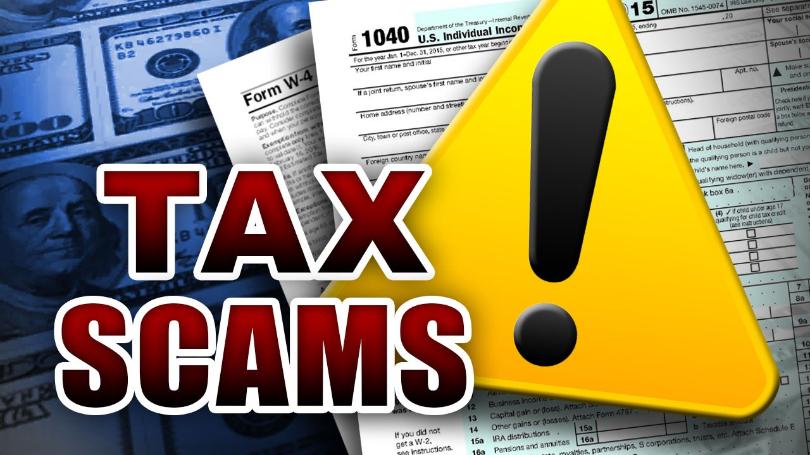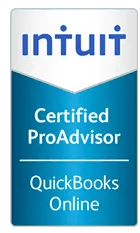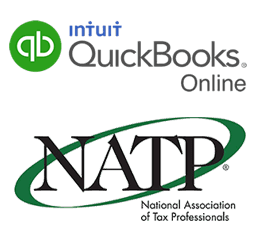Protect Yourself From Tax Scams!
Renee Daggett • March 4, 2020
There are many tax scams out there with the purpose of stealing your identity, stealing your money, or filing fraudulent tax returns using your private information. Tax scammers work year-round, not just during tax season and target virtually everyone. Stay alert to the ways criminals pose as the IRS to trick you out of your money or personal information.
Types of Tax Scams
IRS-Impersonation Telephone Scam:
An aggressive and sophisticated telephone scam targeting taxpayers, including recent immigrants, has been making the rounds throughout the country. Callers claim to be employees of the IRS, but are not. These con artists can sound convincing when they call. They use fake names and bogus IRS identification badge numbers. They may know a lot about their targets from information gathered from online resources, and they usually alter the caller ID (caller ID spoofing) to make it look like the IRS is calling. Also, if the phone is not answered, the scammers often leave an urgent callback request. Victims are often told they owe money to the IRS and it must be paid promptly through a pre-loaded debit card or wire transfer. If the victim refuses to cooperate, they are then threatened with arrest, deportation, or suspension of a business or driver’s license. In many cases, the caller becomes hostile and insulting. Alternatively, victims may be told they have a refund due to try to trick them into sharing private financial information.
| Phony IRS Emails "Phishing":
Scammers copy official IRS letterhead to use in email they send to victims. Emails direct the consumer to a web link that requests personal and financial information, such as Social Security number, bank account, or credit card numbers. The practice of tricking victims into revealing private personal and financial information over the internet is known as “phishing” for
|
|
|
information. The IRS does not notify taxpayers of refunds or payments due via email. Additionally, taxpayers do not have to complete a special form or provide detailed financial information to obtain a refund. Refunds are based on information contained on the federal income tax return filed by the taxpayer. The IRS never asks people for the PIN numbers, passwords, or similar secret access information for their credit card, bank, or other financial accounts. If you receive an email from someone claiming to be from the IRS and asking for money, take the following steps:
• Do not reply to the email message.
• Do not give out your personal or financial information over email.
• Do not open any attachments or click on any of the links. They may have a malicious code that will infect your computer.
• Forward the email to the IRS at phishing@irs.gov.
• Delete the email.
|
|
Ways to Protect Yourself From Scams
• Personal information should not be provided over the phone, through the mail, or on the internet unless the taxpayer initiated the contact or is sure he or she knows with whom he or she is dealing.
• Social Security cards or any documents that include your Social Security number (SSN) or individual taxpayer identification number (ITIN) should not be carried around.
• Do not give a business your SSN or ITIN just because they ask — provide it only if required.
• Financial information should be protected. Do not give out any financial information over the phone or via email.
• Credit reports should be checked yearly.
• You should review your Social Security Administration earnings statements annually.
• Protect personal computers by using firewalls and anti-spam/virus software, updating security patches and changing passwords for internet accounts.
• Report any instances of tax scams to the IRS.


















